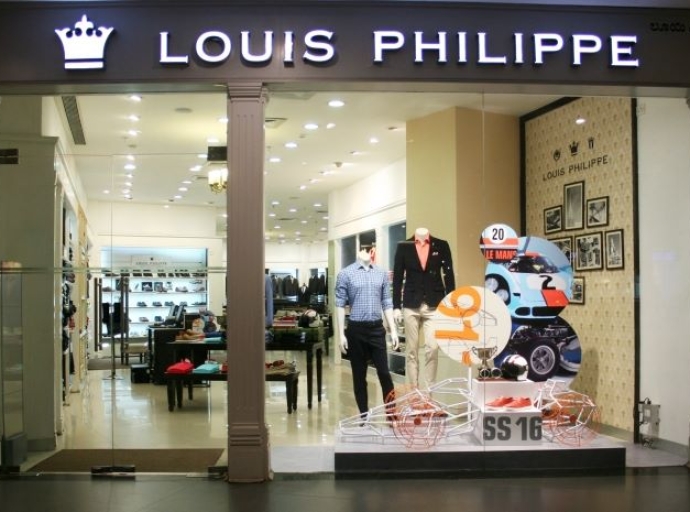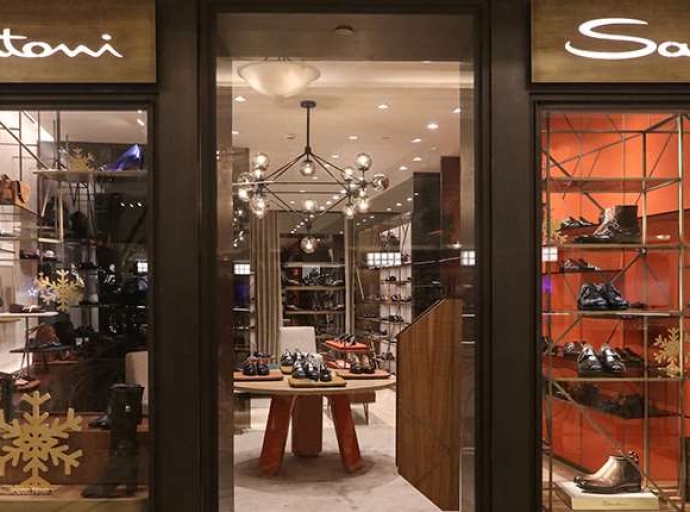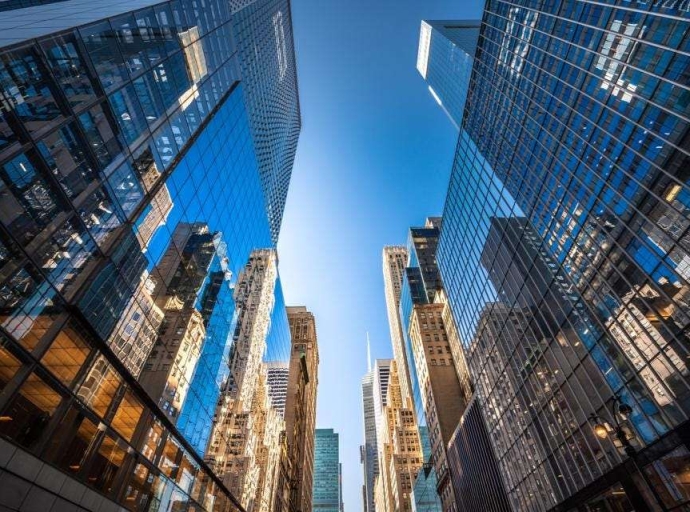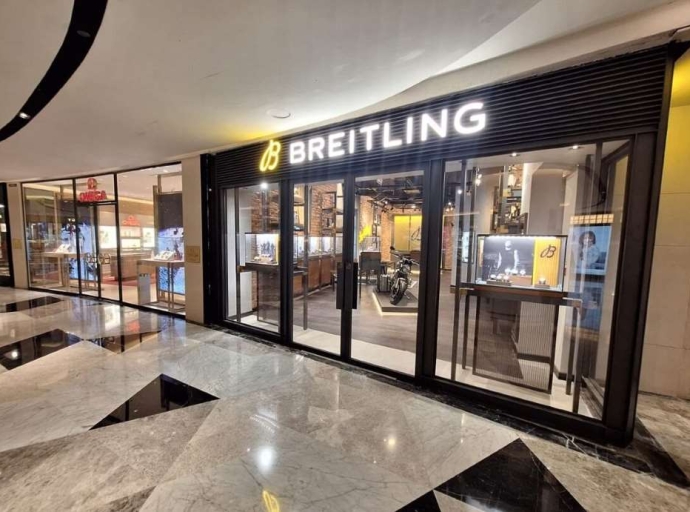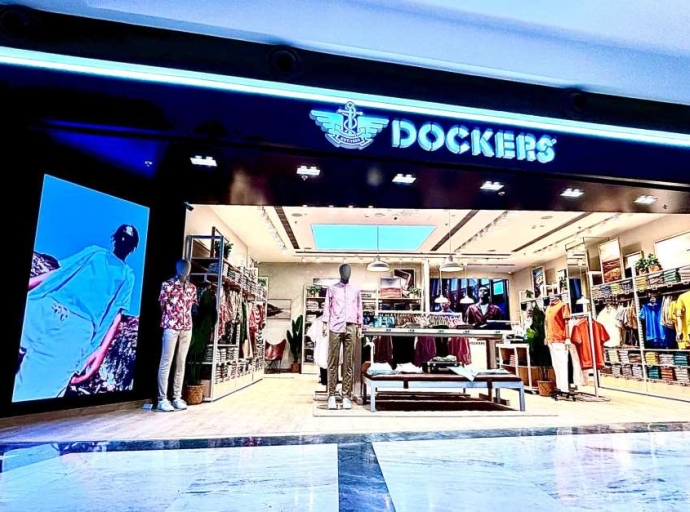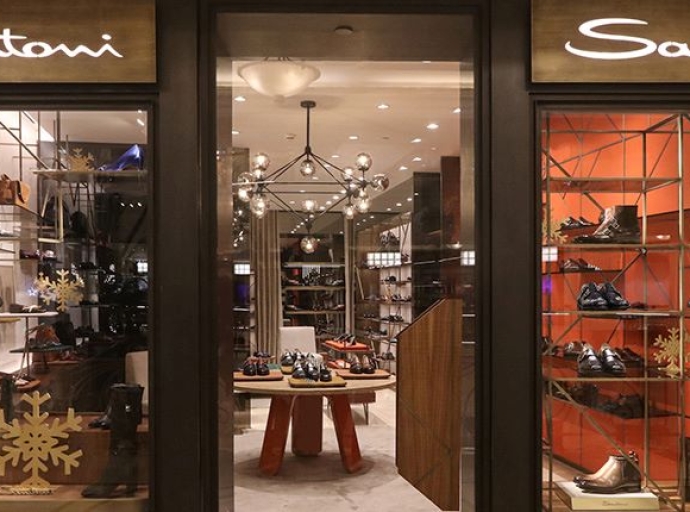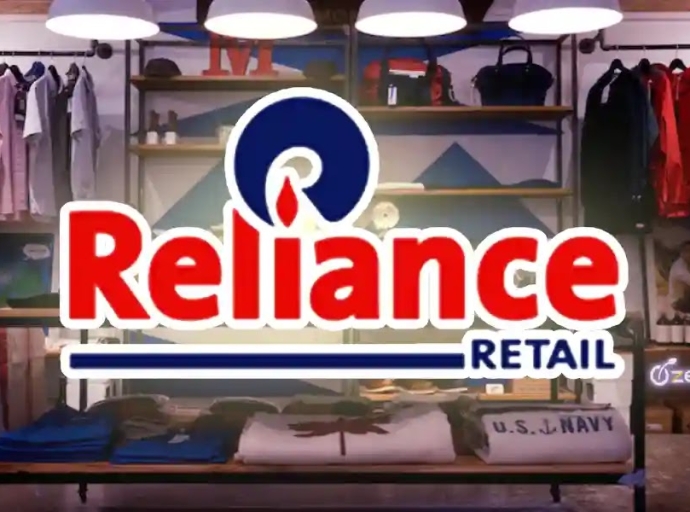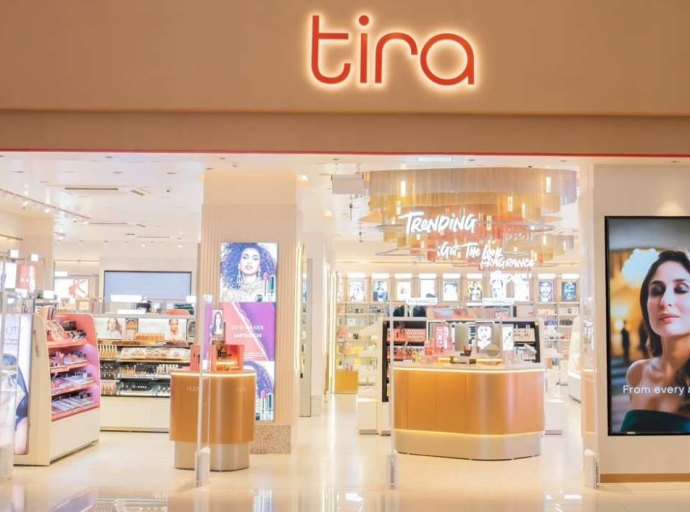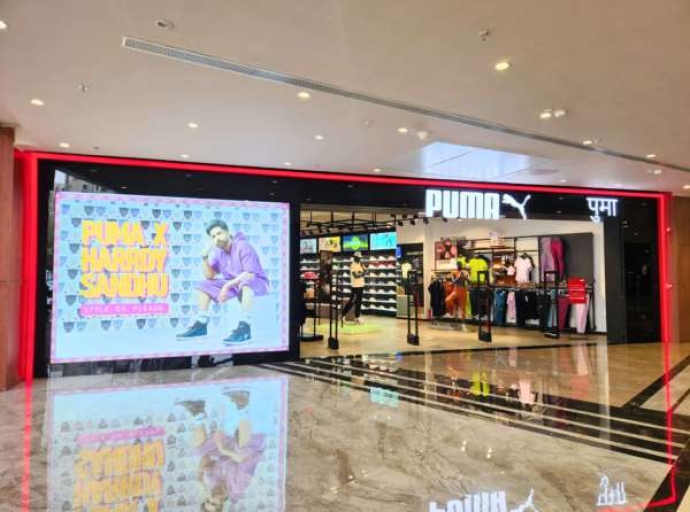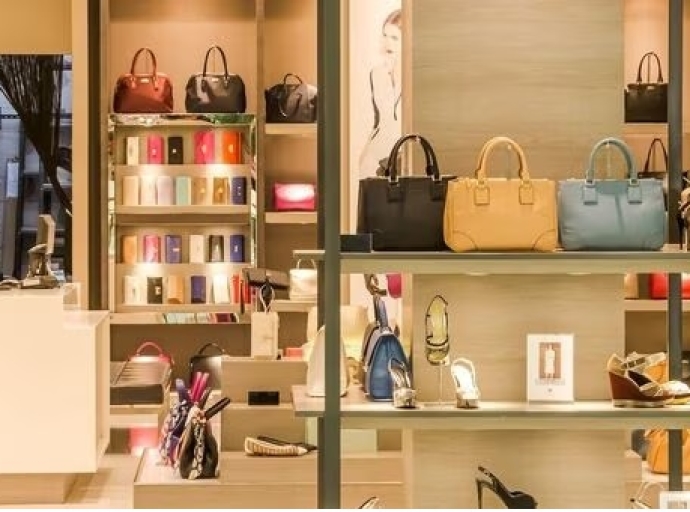Esteemed brands under Aditya Birla Fashion and Retail, Louis Philippe and Van Heusen have inaugurated two flagship stores in Qatar in collaboration with the HK Group. Through these stores, the brands aim to offer an enhanced shopping experience in the vibrant retail landscape of the GCC region, particularly in Qatar.
The Louis Philippe store offers a diversified range of premium formal and casual wear, including the innovative Permapress Collection, featuring wrinkle-free shirts, trousers, and suits tailored for the contemporary man. The Gods and Kings collection caters to special occasions with garments crafted from the finest fabrics worldwide, while the Luxure range offers impeccably crafted shirts and trousers for luxury enthusiasts. The store also debuts a new range of modern updated young workwear in the Athwork line.
Van Heusen's flagship store serves as a curated destination showcasing a sophisticated collection of garments. The store houses the brand’s Move Labs collection offering meticulously designed garments for international professionals. It also offers the Van Heusen Worldwear collection featuring the highest-grade fabrics and meticulous techniques. Van Heusen Women offers a comprehensive selection of formalwear for the discerning professional woman, reflecting chic fashion and assertive style.
Renowned for its premium menswear, Louis Philippe showcases a diverse array of collections embodying timeless style and impeccable craftsmanship. The brand's exclusive store, situated on the first floor of the Mall of Qatar, presents exquisite formalwear, sophisticated business casuals, premium denim wear, and ceremonial occasion attire.
Jacob John, President – Premium Brands, Aditya Birla Fashion and Retail says, the two stores underscore the company’s commitment to deliver high-quality fashion solutions and superior shopping experiences. Dr. Hassan Kunhi, Chairman, HK Group, adds, the opening of the Louis Philippe and Van Heusen stores in Mall of Qatar marks a significant milestone for both brands in the Qatar market. With a focus on men's and women's fashion, these brands introduce a wide range of stylish and versatile clothing options, enriching the shopping experience for the mall’s valued customers.

